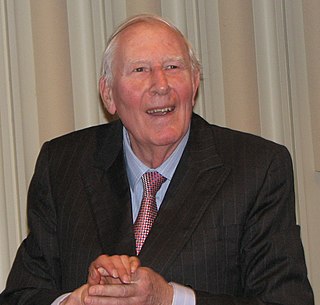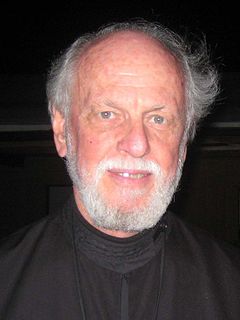A Quote by James Broughton
Most poets in their youth begin in adolescent sadness. I find it more rewarding to end in gladness.
Related Quotes
I thought of Chatterton, the marvellous boy, The sleepless soul that perished in his pride; Of him who walked in glory and in joy, Following his plough, along the mountain-side. By our own spirits we are deified; We Poets in our youth begin in gladness, But thereof come in the end despondency and madness.
Poets claim that we recapture for a moment the self that we were long ago when we enter some house or garden in which we used to live in our youth. But these are most hazardous pilgrimages, which end as often in disappointment as in success. It is in ourselves that we should rather seek to find those fixed places, contemporaneous with different years.
SADNESSES OF THE INTELLECT: Sadness of being misunderstood [sic]; Humor sadness; Sadness of love wit[hou]t release; Sadne[ss of be]ing smart; Sadness of not knowing enough words to [express what you mean]; Sadness of having options; Sadness of wanting sadness; Sadness of confusion; Sadness of domes[tic]ated birds; Sadness of fini[shi]ng a book; Sadness of remembering; Sadness of forgetting; Anxiety sadness.
Brod discovered 613 sadnesses, each perfectly unique, each a singular emotion, no more similar to any other sadness than to anger, ecstasy, guilt, or frustration. Mirror Sadness. Sadness of Domesticated Birds. Sadness of Being Sad in front of One's Parent. Humor Sadness. Sadness of Love Without Release.
I would suggest two approaches to begin the leadership journey in earnest. First would be to ask oneself, in every interaction with others over the course of a single day: How can you best serve this person? Another approach would be to attempt, over the course of a single day, to reframe your declarative statements into questions. The thoughtful use of questions can be transformational. In my experience, most people find these exercises more challenging - and more rewarding - than they would have imagined.


































